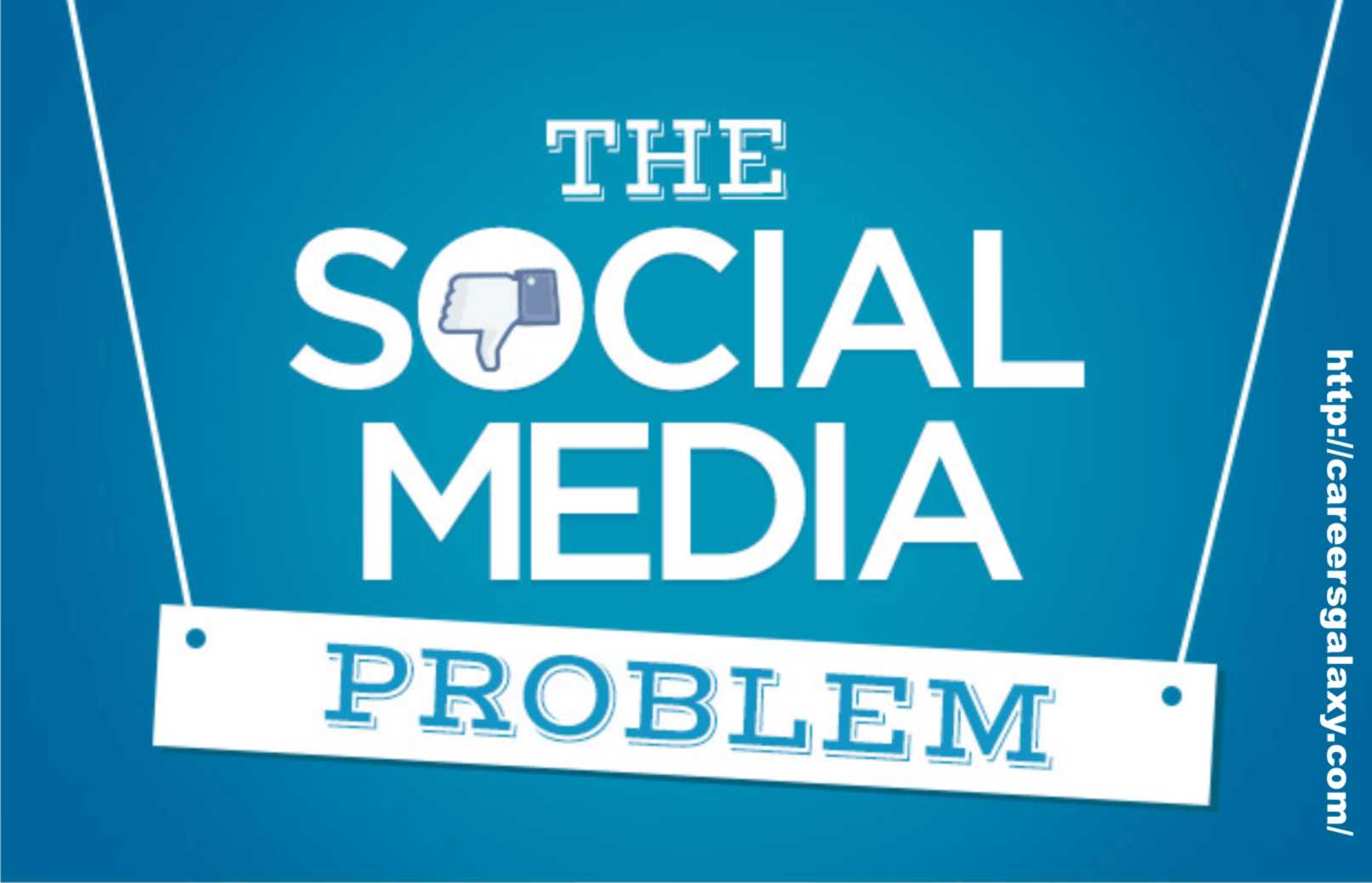The recent celebration of Social Media Week in Lagos, which attracted various stakeholders across the country brought to the fore the need for a proper review of social media activities, its impacts and effects on the country, with a view to retracing our steps where we have missed it.
Obviously one of the gains of the 21st century innovations, the Social Media has revolutionised information sharing globally as much as it becomes a viable communication tool for both governments and the governed. Nigeria has also latched on to that to create a new section of platform whose operations, however, have become so worrisome that except it is checked, may consume the country.
In their own world, the social media ‘gurus’ operate in an atmosphere of limitless freedom of expression—or so they think. Operating without a tinge of decorum, they have taken quackery to a new level with irresponsible ‘journalism’. Yet, the country appears to be glorifying what can at best be described as rumour mongering.
For a fact, the Social Media is a good thing. Indeed, Social media plays a major role in every sphere of human life from business, security, health, sports and religion, governance. A lot of social causes have been started on social media to raise awareness on issues affecting people. And, come to think of it, all media – including the so-called ‘traditional media’ are social; after all, there is no media without a society.
Going back to the phenomenon of internet interactivity on the platforms generally classed ‘social media’, the success of the Arab Spring phenomena would not have materialised without the role played by social media in sensitising people and enrolling them. Social media equally played a great role in indicting Joseph Kony, leader of the Lord’s Resistance Army, for war crimes and crimes against humanity by the International Criminal Court in The Hague, Netherlands, in 2005.
It is also evident that the use of social media for social and political mobilisation in countries like the United States of America, Egypt, Libya, and Syria and so on, has been successful.
Moreover, if the invention of the internet made the world a small place by its connectivity, the evolution of social media, an upshot of the internet – has made it even smaller having a major influence in globalisation.
Unfortunately, many Nigerians have chosen to use the social media the wrong way, thereby defeating its intents and purposes. The rate at which false rumours are being peddled via the internet is alarming. People now use the social media to malign perceived or real enemies by creating false stories around, which get circulated faster than one can imagine. And that is aside the emergence of a new set of pseudo journalists referring to themselves as bloggers, whose stock in trade is peddling rumours. They know neither the principle of gate-keeping nor respect the global principle of double-checking facts before publishing or going public with news.
It becomes more worrisome to see that responsible corporate organisations and even government agencies are giving attention to the quacks, even when they are not oblivious of their antics in spreading rumours and concocted stories that bring down other people. How low can we get in this country?
Soon, everyone who can open a patent medicine store will be called a medical doctor; and everyone who can read the Nigerian constitution will be a called a lawyer!
Should the freedom of expression be freely used to damage freedom of others? This is why the government needs to take the enforcement of the Cybercrime Act signed into law since May last year serious. Section 24 of the Act deals with Cyber stalking and prescribes punishment for “Any person who knowingly or intentionally sends a message or other matter by means of computer system or network which, among others, “he knows to be false, for the purpose of causing annoyance, inconvenience danger, obstruction, insult, injury, criminal intimidation, enmity, hatred, ill will or needless anxiety to another or cause such message to be sent: commits an offence under this Act and shall be liable on conviction to a fine of not more than N7,000,000 or imprisonment for a term of not more than 3 years or to both such fine and imprisonment.” This law must be enforced to bring sanity to the social media arena in Nigeria.
Looking at the social media challenge from the human angle, it is very sad to see that the social media has eroded our societal values such that in the face of any disaster or accident, the first thing that comes to the mind of an average Nigerian is to take pictures and post on blog or Facebook or Twitter, when they could have offered assistance in rescuing the victim(s).
This is very evident in the aftermath of the June 2012 Dana Airline crash in Iju-Ishaga, Lagos, when thousands of young people residing in the area rushed to the scene, instead of rescuing the people in the plane, began using their phones to take images of the dying plane crash victims. Similar cases abound every day, especially with road accidents and other unfortunate occurrences in the society.
The case of late Cynthia Osokogu is yet another negative trend in the social media craze that Nigerians need to be wary of and exercise great caution while savouring the so-called new freedom or reality brought by technology.
While freedom to information and the expression of free speech is sacrosanct and must be respected as stipulated by the constitution, this must be done within levels of responsibility, respect for others’ rights and privileges; rather than a free-for-all that is the current trend in Nigeria.
If we continue this way, the social media, which is supposed to be a useful tool for the promotion of human dignity, right and sustainable development, may end up becoming a weapon of destruction for the country.

